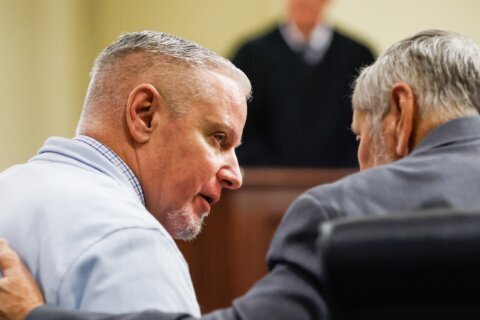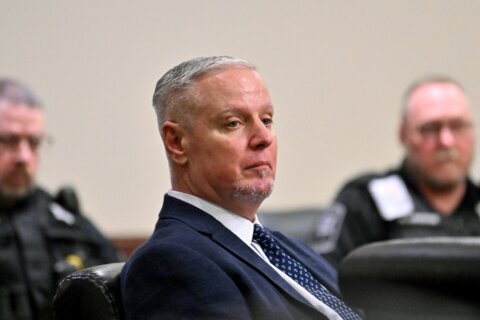Leaders from a number of local colleges and universities on Tuesday talked about the challenges they face as they prepare for an unpredictable fall semester during the coronavirus pandemic.
Ronald Mason, president of the University of the District of Columbia, said in the online discussion that his school acquired about 400,000 square feet of space in D.C. to be used for workforce training and learning centers, where students can work while staying far apart from each other.
“We decided in April that remote delivery would be our default for the fall of 2020,” Mason said. “The work that we have been engaged in has positioned us to respond well to the current challenges.”
The school plans to limit access to campus and require masks for everyone who goes there.
At Northern Virginia Community College, President Anne Kress said classes will largely be held remotely in the fall, but she expressed concern about students who have limited access to a fast internet connection.
“We turned our parking lots into Wi-Fi hot spots,” Kress said. “We’re trying to bring back some access on campus for students to bring their own devices and use our WiFi.”
Kress added that some students will need to be on campus for hands-on training. She used health care programs, such as dentistry education, as an example of classes that must be in-person in order to be effective.
Darryll Pines, the president of the University of Maryland, said having in-person classes would be a major priority for him.
“We owe these students a world-class education,” said Pines, who noted that coronavirus testing would be mandatory for students, staff members and everyone who goes to campus.
“We’re going to do it multiple times to help prevent the risks associated with spreading the virus,” Pines said.
At Georgetown University, all freshmen will be welcomed to campus in the fall.
“It’s an important experience for them when they leave their homes, so we wanted them to be with us,” said Paul Almeida, dean of Georgetown’s McDonough School of Business.
Almeida said, however, students traveling to the campus from hot spots internationally or within the United States may have to be quarantined for 14 days before they can do anything.
“The situation is a dynamic one,” Almeida said. “Our plans will be adjusted depending on the public health situation.”
- Sign up for WTOP alerts
- Latest coronavirus test results in DC, Maryland and Virginia
- Delaware beach towns ‘disappointed’ to see state on DC’s high-risk list
- DC’s order to self-quarantine affects travelers from 27 states
- Mayor Bowser issues new mask order for DC
- Prince George’s County to inspect school, park fields for COVID-19 compliance
- Coronavirus vaccine being tested in DC region shows promise
Looking for more information? D.C., Maryland and Virginia are each releasing more data every day. Visit their official sites here: Virginia | Maryland | D.C.








